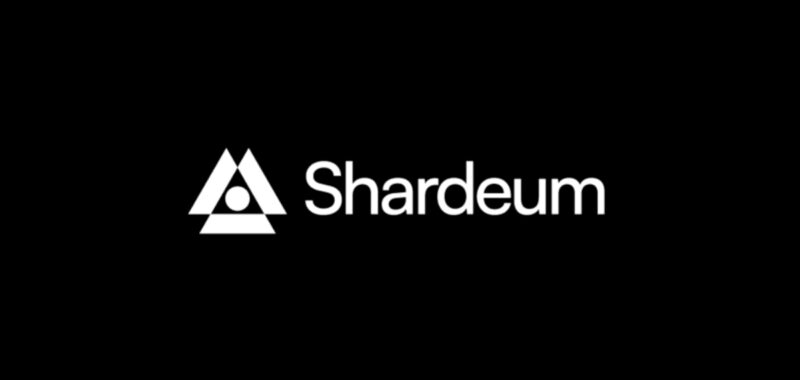[PRESS RELEASE – New York, New York, December 17th, 2024]
Shardeum reaches another key milestone on its roadmap to Mainnet
Shardeum, an autoscaling layer-1 blockchain ecosystem, announces the launch of Stage 4 of its Incentivized Testnet (ITN), which commenced today, Tuesday, December 17th, 2024. ITN Stage 4 will continue to test for any vulnerabilities and network issues, fully solidifying the network code ahead of Mainnet.
This announcement follows the successful completion of the first three stages of ITN, which saw over 17 million transactions, 99k participants, and 22k validators in just over two months from the commencement of ITN Stage 3. Stage 4 is expected to run for at least four weeks, and be the final ITN stage ahead of Mainnet.
Beyond the ITN, Shardeum has partnered with leading bug bounty provider Immunefi to conduct multiple bug bounty programs and has undergone several rigorous security audits. These efforts ensure our code is robust, secure, and free from vulnerabilities.
Chris Chabot, Head of Developer Relations at Shardeum states: “Over the past several months Shardeum has seen rapid development in terms of our roadmap and technological developments. The commencement of ITN Stage 4 has generated incredible excitement, as we are finally catching sight of the finish line. I want to thank our team and community members for their support and dedication throughout the past year, truly proving their loyalty and belief in our mission.”
Following ITN Stage 4, Shardeum will proceed with a code freeze, a monumental step in finalizing all systems ahead of Mainnet. Additionally, Shardeum will soon announce an upcoming node sale, allowing early supporters the opportunity to purchase network nodes.
For more details on Shardeum’s roadmap and technological advancements, users can visit https://shardeum.org/.
About Shardeum
Shardeum is an autoscaling EVM-based layer-1 blockchain. Dynamic state sharding helps keep gas fees low and TPS high as participation grows. Shardeum performs consensus at the transaction level and lowers the computational power needed for validator nodes. This consensus mechanism makes it possible for anyone to run a node while increasing decentralization.

